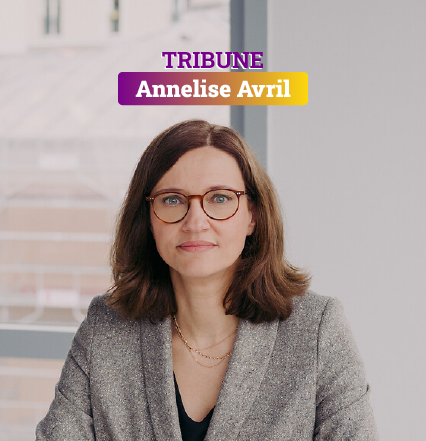We are only a few months away from the city council elections. What decisive criteria will be the most influential on the choices of French voters? Mobility would appear to be one of them. Indeed, this is borne out by the findings of a Keolis-IFOP survey conducted among 4,000 people: beyond their political divisions, people have high expectations of their everyday transport that often run against conventional wisdom. As a key factor in quality of life and community cohesion, mobility is emerging as a crucial social issue.
Invited by the survey to divide up a fictional local council budget, the French would allot close to a third of their priorities to transport and roads, ahead of schools, the environment or housing. This figure is very telling: being able to get around is a vital imperative. Behind mobility, a theme that may appear conceptual, lies access to work, education, healthcare and social interactions – everything that underpins the notion of community life.
Public action around mobility over recent years is generally viewed in a positive light by the French, although satisfaction rates vary by type of area. While approval stands at 54% in cities, it falls to 39% in suburban areas and 34% in rural areas. These disparities reflect a need for territorial justice. The French are not only calling for more transport, they are above all demanding genuine equitable access. Nearly two-thirds (64%) want public investment to focus first on the least well-served areas.
In many areas, this inequality of access is still evident. Cars are still an omnipresent feature of everyday life: 78% of French people use them, although their predominance is waning. More than one in two French people (56%) would like to see cars play a smaller role in the cities of tomorrow. This aspiration transcends social divides, echoed in equal proportions in Paris and in rural areas. People's attitudes towards cars are changing. While still a symbol of freedom, cars are also becoming a source of constraints (cost, congestion, parking difficulties) that weigh heavily on everyday life.
In response to this trend, a more flexible model is gaining ground: 31% of French people today opt for ‘à la carte’ mobility based on intermodality, combining public transport, walking, cycling and car use depending on their needs at any given time. This is a quiet revolution running against conventional wisdom that embodies the vision of mobility as a balanced set of complementary solutions.
But with this diversification come new tensions. Nearly three-quarters of French people (72%) believe that conflicts between users have escalated, particularly between cyclists, pedestrians and motorists. In cities, everyday mobility has become a mirror of social tensions. And yet, solutions do exist: creating dedicated lanes, improving information, and making travel more people-centric, particularly through prevention and facilitation.
This quest for balance also has a bearing on the vitality of our city centres. Although they remain attractive, more than a quarter of French people say they are visiting them less and less often, mainly due to a lack of smooth and comfortable transport options, but also because of concerns about security. To restore people's desire to visit city centres, we must first restore their desire to travel there, to meet there and to feel safe there.
*Jérôme Fourquet is Director of the Opinion and Corporate Strategy Department at IFOP. Abdellah Chajai is Executive Director of Marketing, Innovation, Sustainable Development and Engagement for the Keolis Group.




